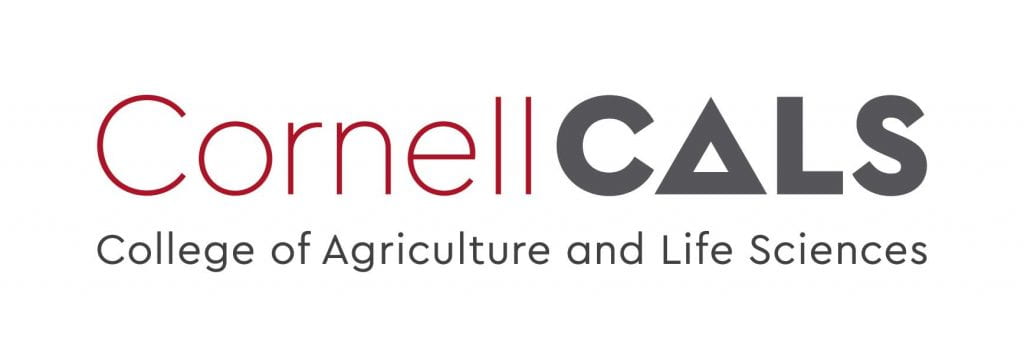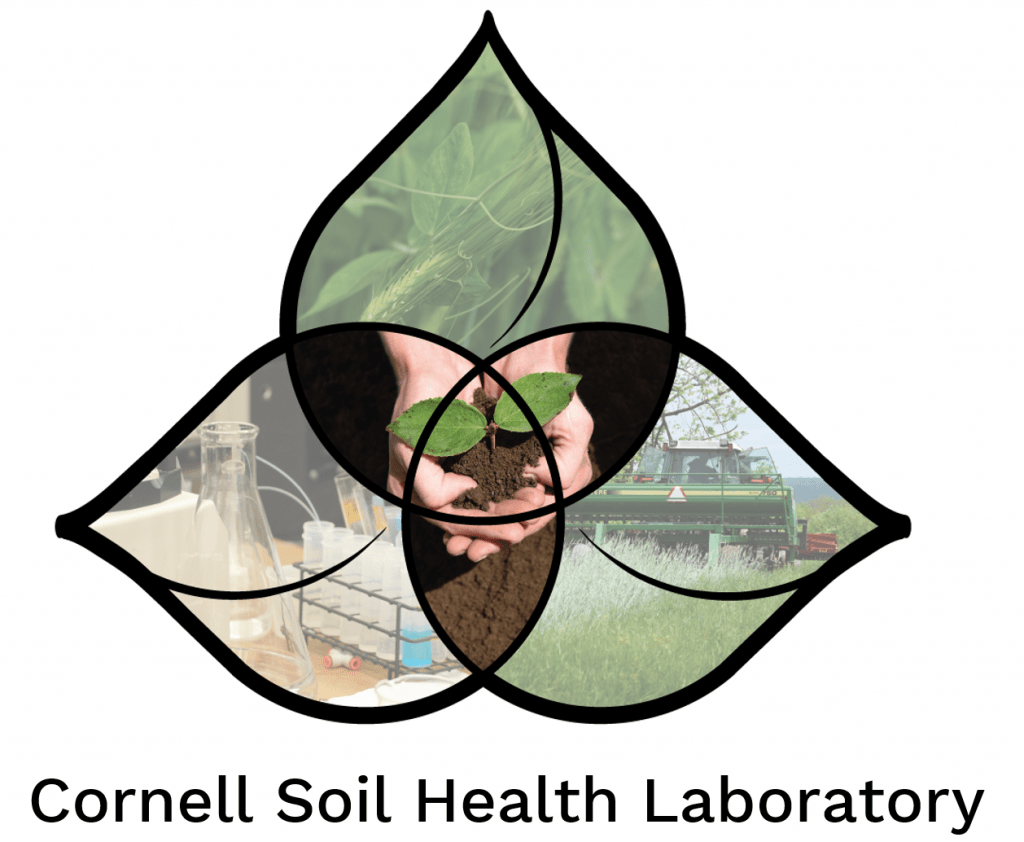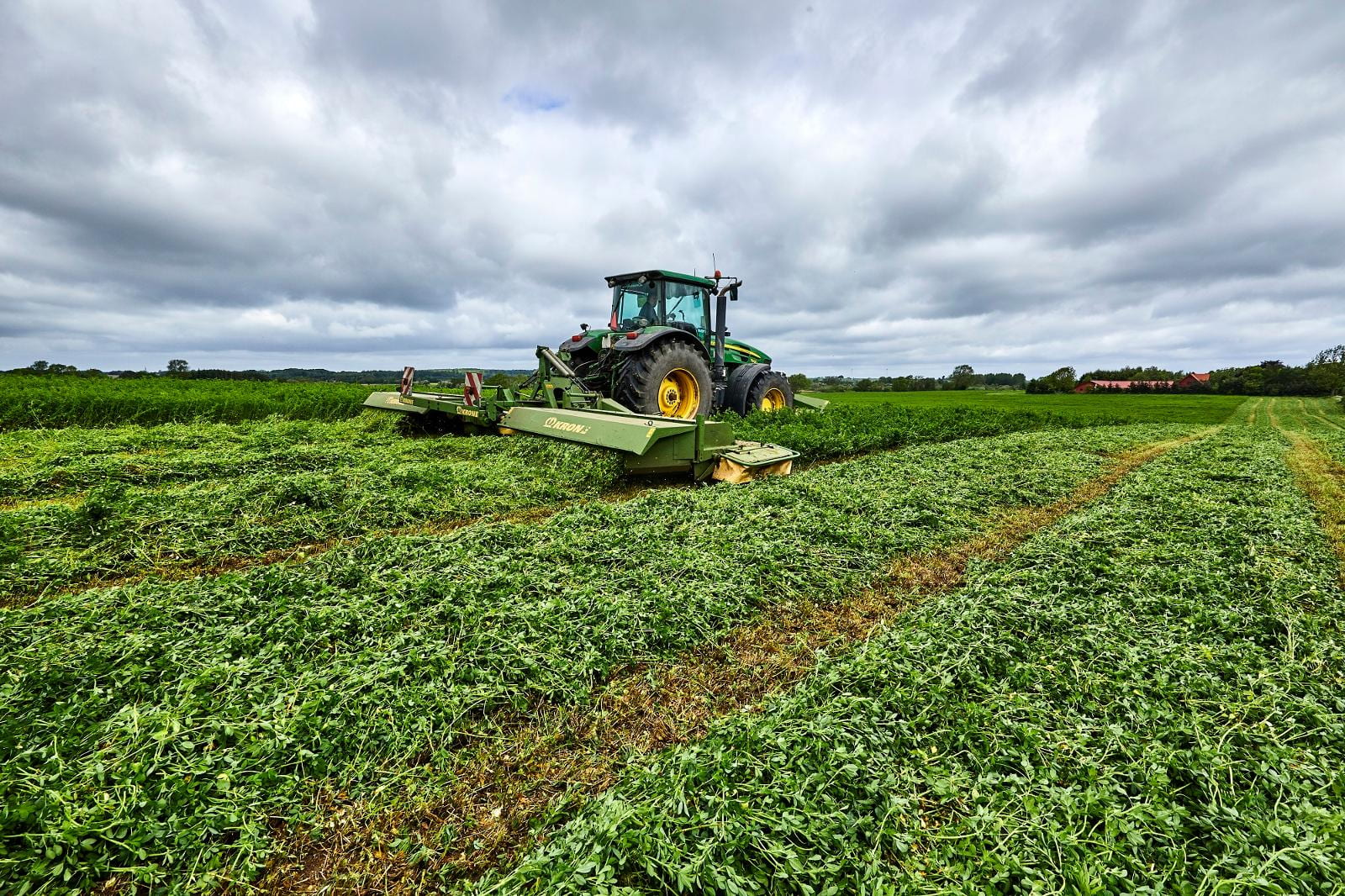Understanding, Measuring, and Managing Soil Health
This international virtual workshop is offered by leading scientists and practitioners in soil health.
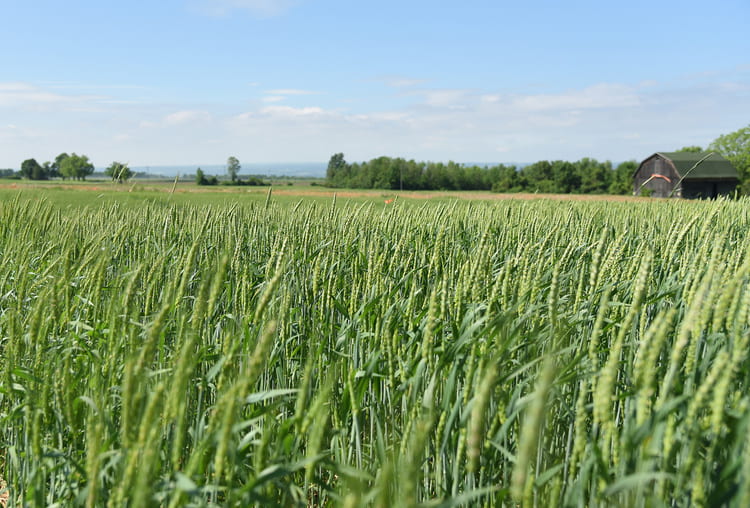
When? The Advanced Soil Health Course will be offered from October 1 – November 12, 2024. (Registration for this course is now closed!)
This course takes place online over seven weeks via real-time lectures and guided self-study. It covers the basic principles and the latest science on measuring and managing soil health.
Live lectures will be held on Tuesdays. Office hours are held on Thursdays after live lecture days.
All lectures will be recorded and available within a few hours after the live session, and asynchronous attendance is an option.
- Tuesday Lectures: 10:00 am – 12:00 pm EST
- Thursday Office Hours: 10:00 am – 11:00 am EST
Course Themes
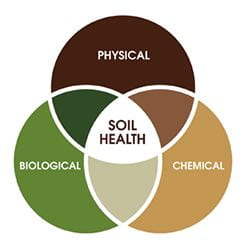
Principles
Learn and understand soil health principles & processes
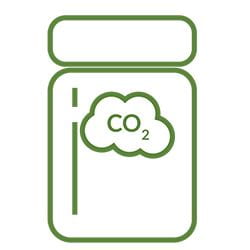
Metrics
Understand how soil health is measured & interpreted
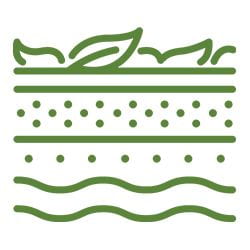
Management
Delve into the most promising management practices
Fast Facts!
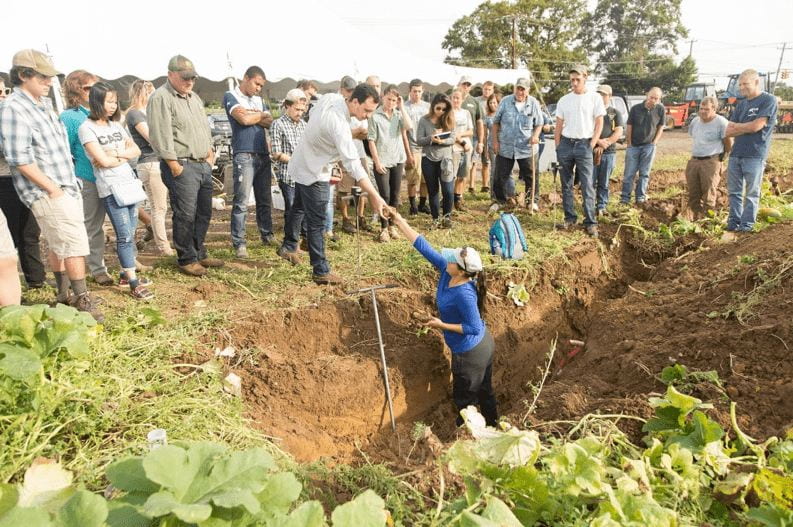
Who should attend? Practitioners, educators, or students can expect to advance their understanding of soil health.
Prerequisite: We assume a basic understanding of agronomy, horticulture, and soil science.
Learn from leading Cornell University scientists on topics related to soil health.
- Seven modules
- 2 hours of lectures per week
- 2-3 hours of self-study and testing per week
- Total of 50 hours spread over 7 weeks
- Additional virtual office hours with the instructors
- Small project assignment (full course only)
- All lectures recorded and made available for review
Receive:
- Certificate of Completion (all participants)
- Electronic badge (use on LinkedIn) (complete full course and project )
Registration Cost:
- $250 for Full Course (Basic and Advanced Modules)
- $125 for Full Course, discounted for developing country (IMF) participants
- $75 for Full Course (New York State residents and students)
Interested in facilitating an on-site course for your group? Contact us.
Learning Outcomes
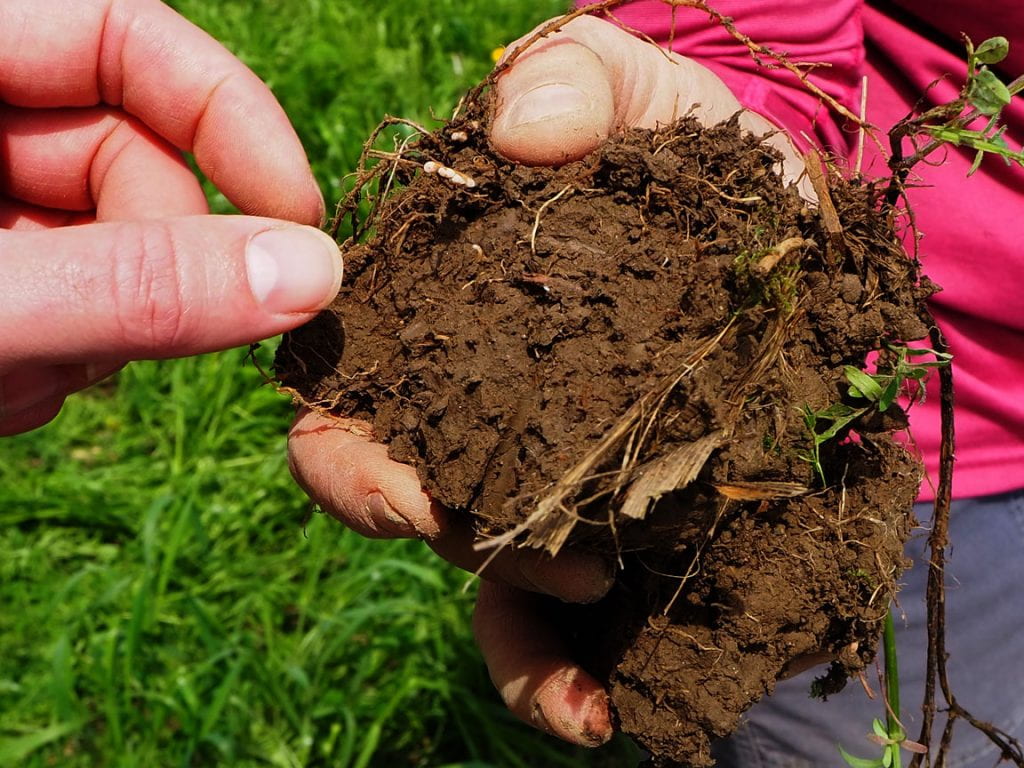
Through this course, you will gain an understanding of:
- The connection between soil health and the grand challenge of sustaining future world populations
- Soil health principles and benefits of healthy soils
- Soil physical, biological and chemical processes affecting soil health
- Why and how soil health degradation occurs
- Approaches and methodologies for soil health assessment and interpretation
- Management solutions that improve soil health
- Educational and research approaches related to soil health
- How soil health metrics can be linked to management approaches
Meet the Lead Instructors
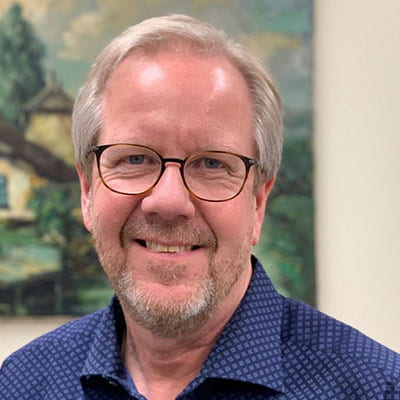
Harold van Es
Harold M. van Es is a Professor and former Chair of the Soil and Crop Sciences Department at Cornell University and 2016 President of the Soil Science Society of America. He leads the
Cornell Soil Health Initiative and was the lead developer of the Comprehensive Assessment of Soil Health framework. He also pioneered digital technology for precision crop nitrogen
management (Adapt-N) as well as improved designs for field experiments. He published over 160 journal papers and mentored over 60 graduate students.
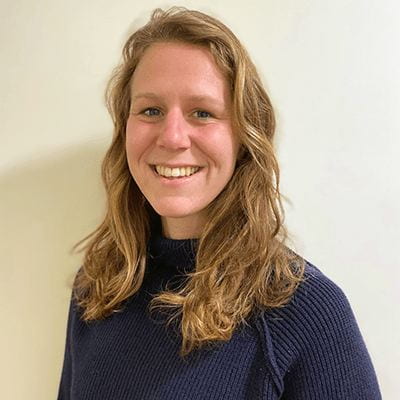
Debbie Aller
Debbie Aller joined the New York Soil Health team in 2022 as an extension associate and program coordinator. She conducts and coordinates extension and applied research activities across NYS that support and improve soil health. She brings her expertise working with vegetable, fruit, and nursery growers to implement sustainable soil management practices and has an in-depth research background in biochar and other organic amendments.
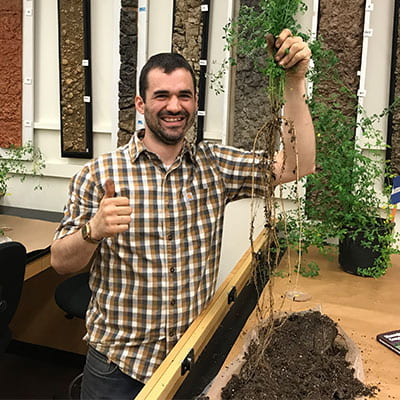
Joseph Amsili
Joseph Amsili is an Extension Associate in the Soil and Crop Sciences Section of the School of Integrative Plant Sciences. He joined the Cornell Soil Health Team in September 2018 to coordinate extension and research activities related to the Cornell Soil Health and Adaptive Nitrogen Management Programs. Joseph previously worked as a laboratory technician in the Cornell Soil Health Lab between 2013-2016. During that time, he gained extensive experience in soil health testing. While at Penn State, Joseph was a part of a research group studying the multiple benefits of cover crop monocultures and mixtures for farmers. His M.S. research focused on comparing cover crop root traits and on tracing cover crop rhizodeposition (the organic carbon released from living plant roots) into stable fractions of the soil. Joseph’s excitement for soil health is rooted in his passion for promoting sustainable soil management strategies.
Meet the Co-Instructors (to be confirmed)
Cornell University is a global leader in developing soil health programs, including the development of testing methodologies.
